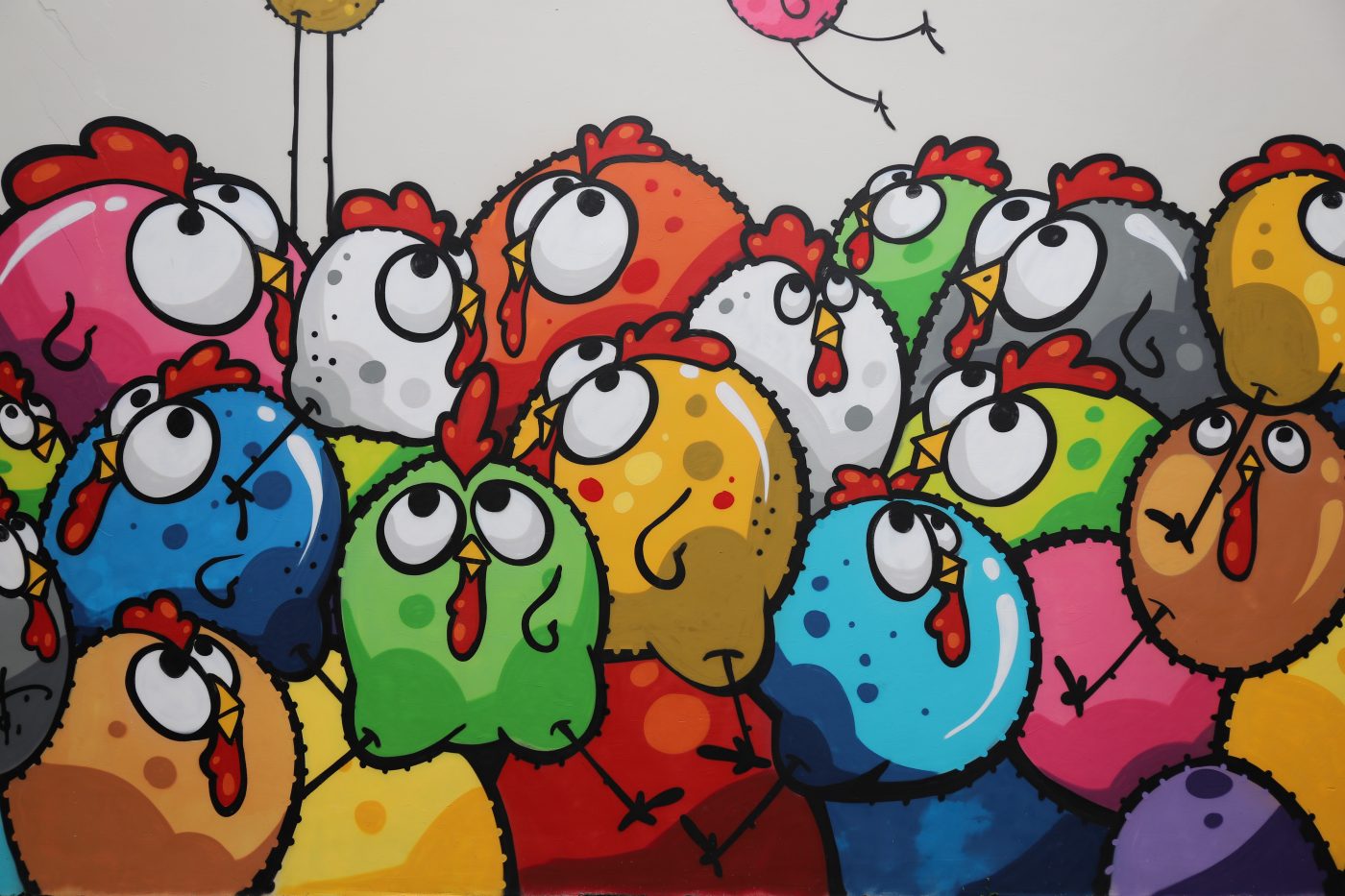I decided to do a minor repair on my kitchen tap this week, so I headed into the hardware shop. On my way out I passed a couple talking and the only thing I heard was the guy say, ‘I can’t control my thought patterns…’ I hadn’t yet decided what I would write about in this post so after I cringed a little and forced myself to shut up and keep walking, I silently thanked him for providing this week’s topic of conversation.
Perhaps you are of the same belief – that you have no control over your thoughts?
Afterall, we have said before that our environment and external factors influence what we think and believe. Everyday we encounter a tsunami of information through media and social channels, advertising, conversations, and experiences. And all of these can subtly shape our thoughts, beliefs, and subsequent behaviours.
It’s not only external factors that continue to manipulate our thinking, but our subconscious mind as well. Think of the subconscious as a place of influence on our decision-making and emotional responses. A storeroom where past experiences and traumas are filed and deep-seated beliefs are kept. When these are left unchallenged they are strengthened over periods of time without conscious awareness.
Here ‘inherent subjectivity’ acts as a filter based on our previous emotions, experiences, and perspectives with which we now want to interpret and process new information. You could say that this subjectivity reinforces existing biases and ingrained beliefs making it difficult or impossible to control or change what we are thinking.

And then there are the involuntary thoughts. Random seemingly unrelated ones that can be intrusive causing discomfort, pain, or sadness. Or involuntary wandering thoughts that can make us feel like our mind has a life of its own and is independent of our conscious control.
So, what does this all mean? Are we doomed? Do we have any say in it at all?
What if we could use the concept of inherent subjectivity to our advantage? And if we chose to believe that we all have an innate ability to positively influence our thoughts subsequently changing our patterns which is within our control. What if we could learn to recognise the moment that we surrender to old pathways and stop to consider alternative possibilities?
For weeks now every time I turned on the kitchen tap, water would spray out the side wetting my shirt. The first time it happened I rolled my eyes. The next few times I was mildly irritated muttering under my breath and (ridiculously) becoming increasingly annoyed that it had happened again. As time went by I simply worked around it. I stopped turning the tap on as hard so while the pressure was lighter, the spray was reduced. This obviously meant the soap in the sink didn’t bubble up as much which also didn’t work for me. So, now I had two issues to deal with.
Finally, this week I was over it and I decided to do something about it. Perhaps you remember from last week’s post that we change when we are either forced to or when we recognise that something is not working for us.

What I discovered was as simple as unscrewing the aerator on the end of the tap and replacing it with a new one – all for about $10 and in under 2 minutes. I considered my situation as I attached the new piece.
Had I been unconsciously adverse to change all this time? Why had I not looked at the situation objectively and recognised it didn’t have to be this way? I considered the outcome of my inactivity and the possibility that I had done exactly what I spoke about last week. I had chosen the path of staying with what I knew and putting up with the spraying tap when it could have been fixed in two minutes (plus 20 mins travel time)!
What’s more, by remaining in the status quo, I had then been presented with a secondary issue – the spraying tap hadn’t stopped and now the soap didn’t bubble up either.
By developing a practice of self-reflection, and being open to and looking for other options and different perspectives, we can steer our thoughts towards patterns that empower us. We can consciously cultivate a growth mindset that supports our overall wellbeing, personal growth, and development.
With an increased level of self-awareness and a little patience, we can tap into exciting and powerful tools that every single one of us has to shape and change our thought patterns.
Or, we can continue to believe that the tap is just stuffed and accept the fact that we will get wet every time we turn it on. Seems to me this presents another choice – victim or victor.
Much Love
Dalya xx 💙
